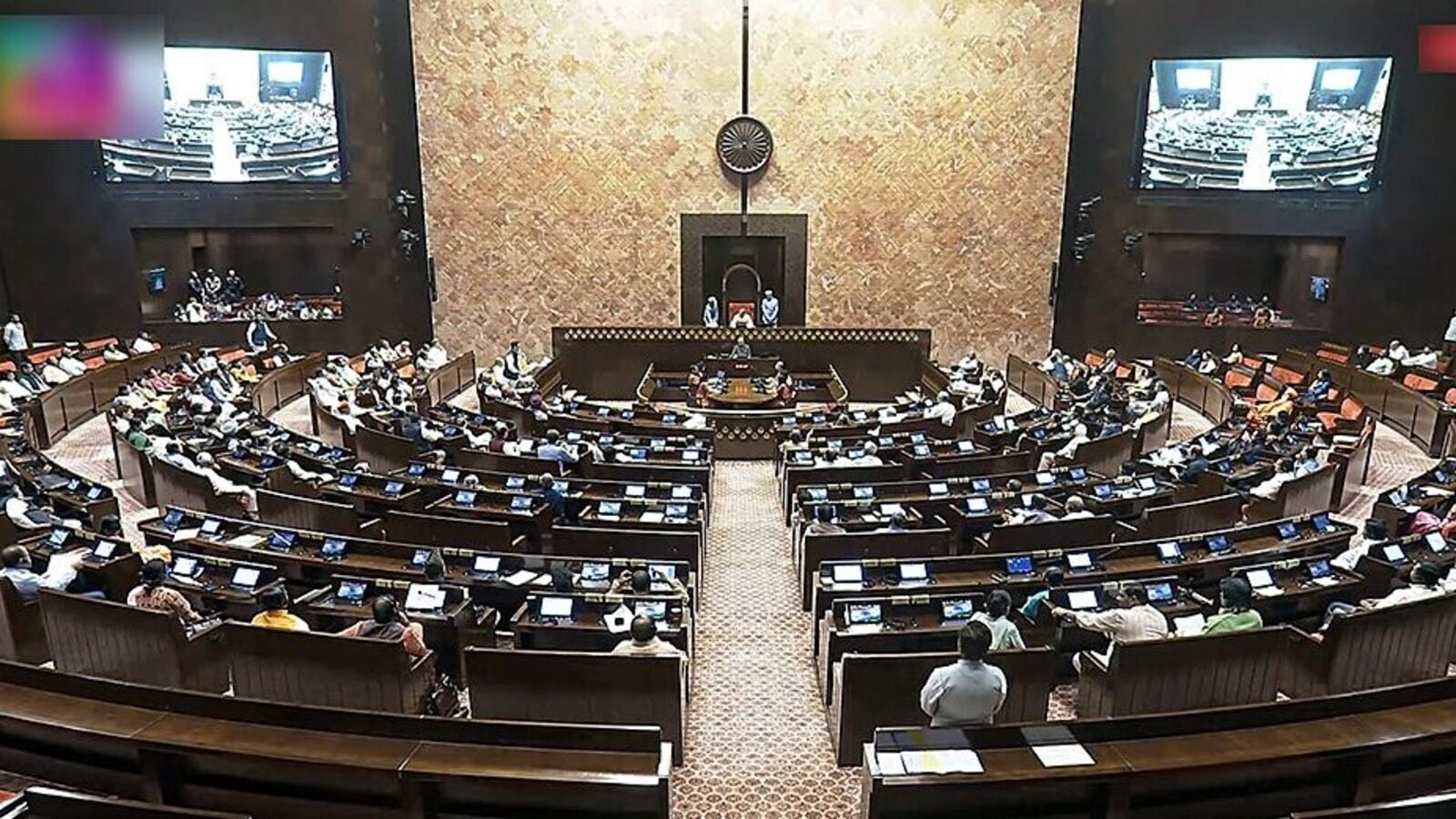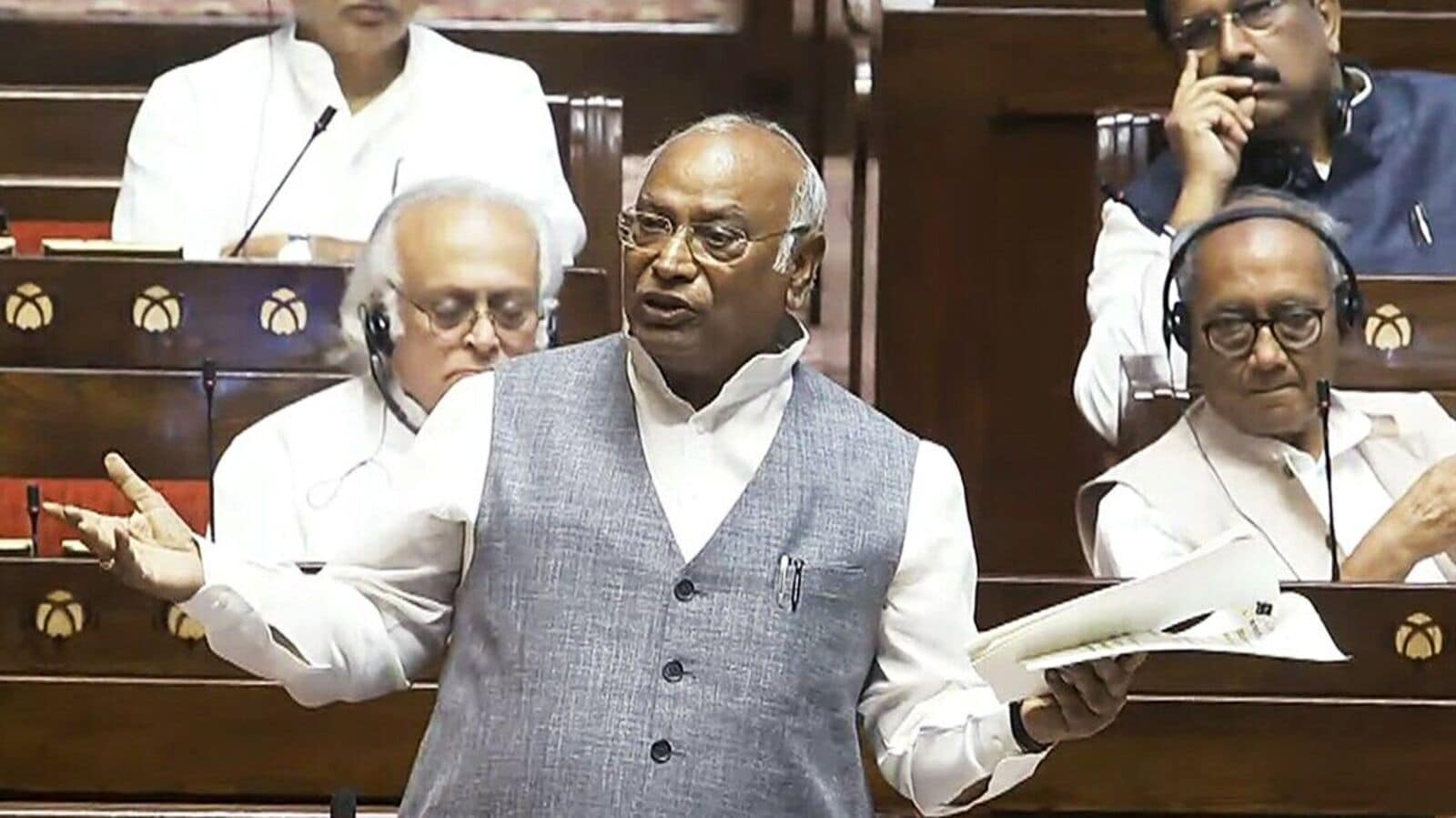The Congress party will challenge the Waqf Bill in the Supreme Court of India. The announcement to this effect was made by Jairam Ramesh, the Congress party’s General Secretary in-charge Communications and Rajya Sabha member.
Parliament passed the contentious Waqf (Amendment) Bill, 2025, after it was approved by the Rajya Sabha early on Friday morning. The Lok Sabha had approved the Bill after over a 12-hour debate on Thursday.
“The INC’s challenge of the CAA, 2019 is being heard in the Supreme Court. The INC’s challenge of the 2019 amendments to the RTI Act, 2005 is being heard in the Supreme Court. The INC’s challenge to the validity of the amendments to the Conduct of Election Rules (2024) is being heard in the Supreme Court,” Ramesh said in a post on X on Friday.
In Rajya Sabha, the Bill received 128 votes in its favour and 95 against after all the amendments moved by the opposition were rejected. In the Lok Sabha, the bill was supported by 288 MPs while 232 voted against it.
The Congress party’s intervention to uphold the letter and spirit of the Places of Worship Act, 1991 is being heard in the Supreme Court, he said. “The INC will very soon be challenging in the Supreme Court the constitutionality of the Wakf (Amendment) Bill, 2024,” Ramesh said “We are confident and will continue to resist all assaults of the Modi Govt on the principles, provisions, and practices that are contained in the Constitution of India.”
Judiciary may declare it ‘unconstitutional’
Opposition leaders in the Parliament said that the Waqf Amendment Bill violated Constitutional principles and questioned the government’s intent in bringing in the legislation.
Congress party chief Mallikarjun Kharge accused Prime Minister Narendra-Modi-led Union government of taking a “negative stand.”
Congress Rajya Sabha MP Abhishek Manu Singhvi said that if the Waqf Amendment Bill 2025 is challenged, the judiciary may declare it ‘unconstitutional.’ “They have misused the majority and the bill has been imposed. If the bill is challenged, there is a big chance that the judiciary will declare it unconstitutional,” Abhishek Manu Singhvi said.
What does Waqf Bill say?
According to the Bill, Waqf tribunals would be strengthened, a structured selection process would be maintained, and a tenure would be fixed to ensure efficient dispute resolution.
Waqf institutions’ mandatory contribution to Waqf boards is reduced from 7 per cent to 5 per cent while Waqf institutions earning over ₹1 lakh will undergo audits by state-sponsored auditors, according to the provisions of the Bill.
Watershed moment: PM Modi
A centralised portal will automate Waqf property management, improving efficiency and transparency. The bill proposes that practising Muslims (for at least five years) can dedicate their property to the Waqf, restoring pre-2013 rules.
Earlier, Prime Minister Modi lauded the passage of the Waqf (Amendment) Bill, 2025, which amends the existing Waqf laws. Modi said the passage marks a watershed moment in India’s collective quest for socio-economic justice, transparency, and inclusive growth.
This will particularly help those who have long remained on the margins, thus being denied both voice and opportunity, Modi said in a post on X, formerly Twitter.







Leave a Reply